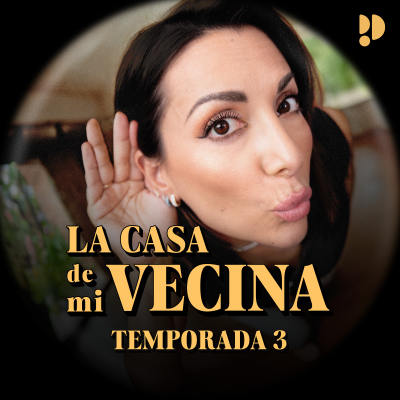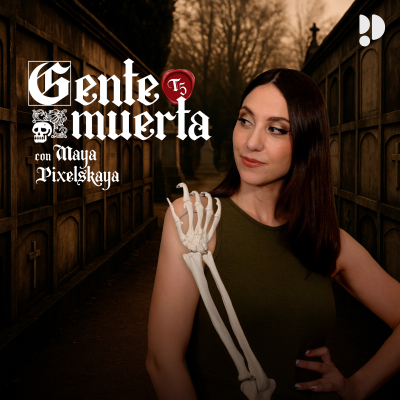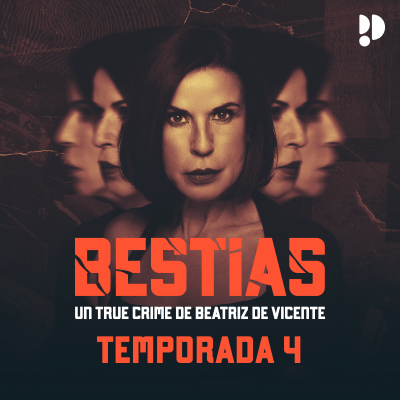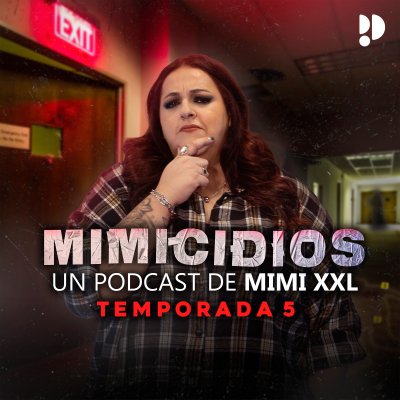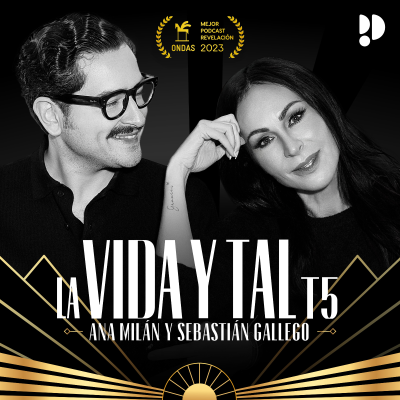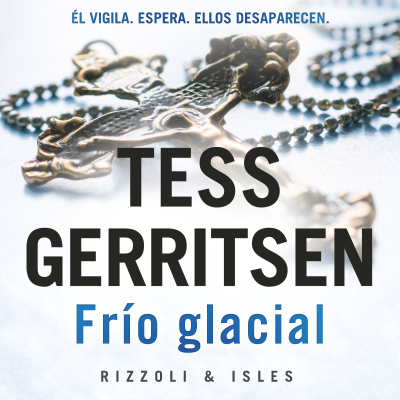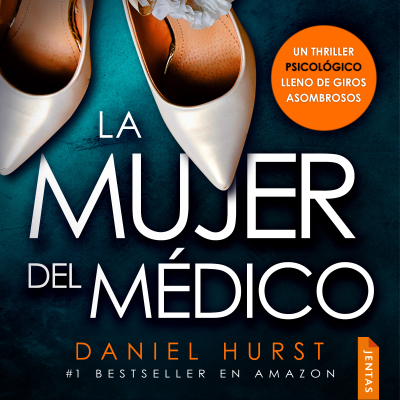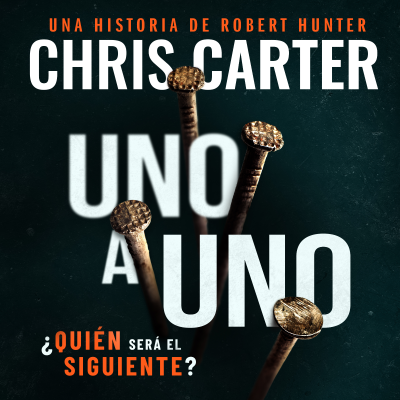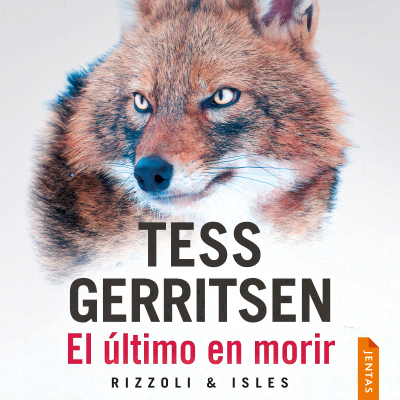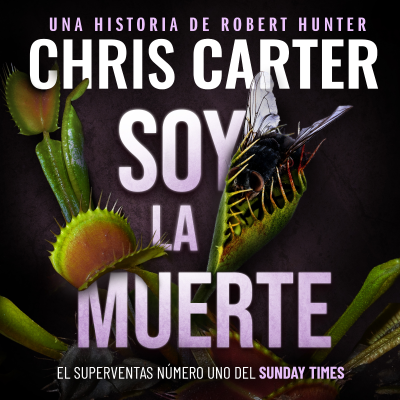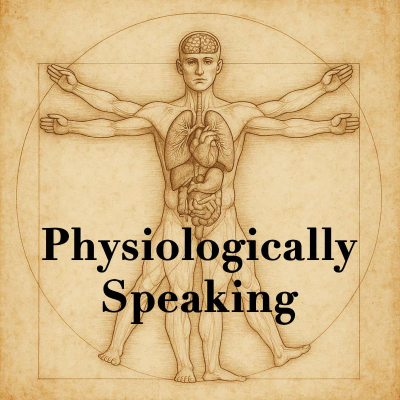
Physiologically Speaking
Podcast de Brady Holmer
Disfruta 30 días gratis
4,99 € / mes después de la prueba.Cancela cuando quieras.
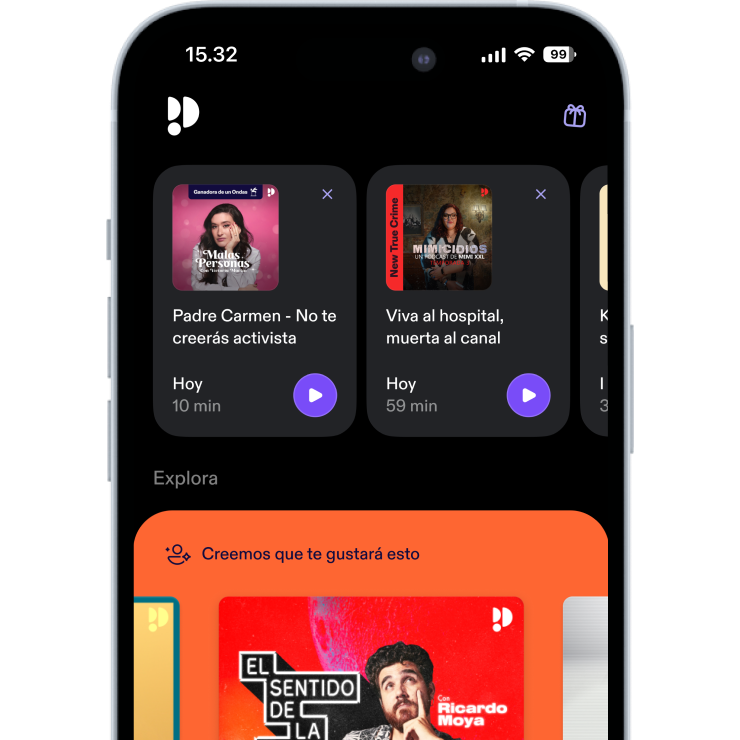
Más de 1 millón de oyentes
Podimo te va a encantar, y no sólo a ti
Valorado con 4,7 en la App Store
Acerca de Physiologically Speaking
A weekly podcast highlighting recent research in science. www.physiologicallyspeaking.com
Todos los episodios
28 episodiosIn this conversation, I chat with Dr. Joseph Matthews [https://x.com/JosephMatthews_]. He’s a postdoctoral research fellow in Geriatrics and Protein Metabolism, a physiologist, and a nutritionist. Joe just authored a review paper on protein [https://www.sciencedirect.com/science/article/pii/S0022316625004286]quality [https://www.sciencedirect.com/science/article/pii/S0022316625004286], in which he and his coauthors define protein quality, what determines it, and why some of the methods we currently use to measure protein quality are outdated (and how we could do better). You’ll learn the highest quality sources of protein, nuances around protein timing and quantity, whether animal or plant proteins are best, and more. You can find Joe on: * X - @JosephMatthews_ [https://x.com/JosephMatthews_] * LinkedIn [https://www.linkedin.com/in/joejohnmatthews/] Joe also just started writing on Substack - so check him out! This is a public episode. If you'd like to discuss this with other subscribers or get access to bonus episodes, visit www.physiologicallyspeaking.com/subscribe [https://www.physiologicallyspeaking.com/subscribe?utm_medium=podcast&utm_campaign=CTA_2]
Dr. Nicholas Fabiano [https://x.com/NTFabiano] is a psychiatry resident at the University of Ottawa and a rising voice in the field of lifestyle psychiatry. With a background in applied life sciences and medical training at the University of Ottawa, he has developed a passion for understanding how exercise, nutrition, and sleep influence mental health. Featured in outlets such as The Washington Post and Fast Company, Dr. Fabiano has been recognized as a “rising star” in neuroscience [https://www.uottawa.ca/en/news-all/psychiatry-resident-dr-nicholas-fabiano-profiled-rising-star-new-neuroscience-journal?utm_source=chatgpt.com] for his evidence-based approach to mental health. In this conversation, Dr. Fabiano joins me to discuss the multifaceted role of creatine, particularly its implications for brain health, cognitive function, and mental health. We focus on a review article he just published titled "Creatine for the Brain: More is Likely Better for Brain Bioenergetics, Health, and Function,” [https://jpbs.hapres.com/htmls/JPBS_1766_Detail.html] in which he argues that 10 grams or more of creatine per day may be the optimal dose for cognitive performance and mental health. He emphasizes the importance of understanding dosing, the potential benefits of creatine in various conditions such as sleep deprivation, traumatic brain injury, Alzheimer's disease, and depression, and the need for more research to optimize creatine supplementation and its mechanisms of action in the brain. Follow Nick on X: @ntfabiano [https://x.com/NTFabiano] Follow Nick on Instagram: @ntfabiano [https://www.instagram.com/ntfabiano/?hl=en] This is a public episode. If you'd like to discuss this with other subscribers or get access to bonus episodes, visit www.physiologicallyspeaking.com/subscribe [https://www.physiologicallyspeaking.com/subscribe?utm_medium=podcast&utm_campaign=CTA_2]
In this video, I chat with Kristi Storoschuk, a PhD candidate in muscle physiology at Queen’s University. She’s actively involved in research on high-intensity interval training, mitochondria, glucose regulation, and lactate. Kristi joined me to talk about her recent review article titled Much Ado About Zone 2: A Narrative Review Assessing the Efficacy of Zone 2 Training for Improving Mitochondrial Capacity and Cardiorespiratory Fitness in the General Population [https://pubmed.ncbi.nlm.nih.gov/40560504/], in which she questions the bold claims made about the superiority of zone 2 training for improving mitochondrial capacity, fat oxidation, cardiorespiratory fitness, and general health outcomes. It’s a must-read. * Follow Kristi on X @k_storoschuk [https://x.com/k_storoschuk] * Follow Kristi on Instagram @krististoroschuk [https://www.instagram.com/krististoroschuk/?hl=en] This is a public episode. If you'd like to discuss this with other subscribers or get access to bonus episodes, visit www.physiologicallyspeaking.com/subscribe [https://www.physiologicallyspeaking.com/subscribe?utm_medium=podcast&utm_campaign=CTA_2]
On Monday, I spoke to the Bone Health & Osteoporosis Foundation's ‘Be Bone Strong’ NYC & Sydney Marathon Teams for an in-depth discussion on how to train smarter, recover better, and boost performance at any age. Thanks to Barbara Grufferman [https://x.com/BGrufferman] for the invitation and opportunity to speak. She’s graciously allowed me to share the webinar with my audience. Enjoy! Topics covered: * Recovery after stress fractures * Flexible training strategies that protect performance * How to improve speed without risking injury * Pacing tips for race day success * Age-related adaptations and smarter recovery for older runners * Heat training and travel prep for international races * Creatine: what kind, how much, and when to take it * Nutrition timing for energy and performance * Electrolytes, hydration, and marathon fueling * Pros and cons of ice baths, compression boots, and NSAIDs * VO₂ max: what it is and how to raise it * Why "physiological resilience" matters * Sleep, glycogen, and why gels matter mid-race * And more! This is a public episode. If you'd like to discuss this with other subscribers or get access to bonus episodes, visit www.physiologicallyspeaking.com/subscribe [https://www.physiologicallyspeaking.com/subscribe?utm_medium=podcast&utm_campaign=CTA_2]
This interview was originally published on September 24, 2024. David Roche is a decorated trail runner, coach, and co-founder of SWAP Running. He's a two-time national champion and a three-time Team USA member, and he recently set the course record at the Leadville 100 trail run with a time of 15 hours, 26 minutes, 34 seconds. David and his wife, Megan Roche, M.D., offer coaching that blends science, training theory, and a philosophy of joy and long-term growth for all athletes. Megan just launched a website—Huzzah [https://www.thehuzzahhub.com/about]—“to empower female endurance athletes by providing accessible sports science knowledge and fostering a love for sport through content, insights, and scholarships, with a focus on supporting overall health, education, and competitive edge.” I’ve become a bit obsessed with how David thinks about running and how invested he and Megan are in reading and implementing the science of training and racing. So I needed to nerd out with him on some topics. In this interview, I picked David’s mind about his scientific approach to training, and we detail several of the training practices he used in his buildup to the race, including: Sodium bicarbonate Downhill running High-carb fueling Super shoes Post-exercise exogenous ketones Heat training/hot water immersion Caffeine Heart rate zones And more! Relevant links For more details about David and SWAP Running, visit their About Us page [https://swaprunning.com/about-us-1] Follow David on X @MountainRoche [https://x.com/MountainRoche] Watch the documentary about David’s record: Leadville 100 Ultramarathon & David Roche's Run for The Impossible Record [https://www.youtube.com/watch?v=B6k6XgHeSCI] and the other kick-ass videos he posts about training on his YouTube channel. This is a public episode. If you'd like to discuss this with other subscribers or get access to bonus episodes, visit www.physiologicallyspeaking.com/subscribe [https://www.physiologicallyspeaking.com/subscribe?utm_medium=podcast&utm_campaign=CTA_2]

Valorado con 4,7 en la App Store
Disfruta 30 días gratis
4,99 € / mes después de la prueba.Cancela cuando quieras.
Podcasts exclusivos
Sin anuncios
Podcast gratuitos
Audiolibros
20 horas / mes



